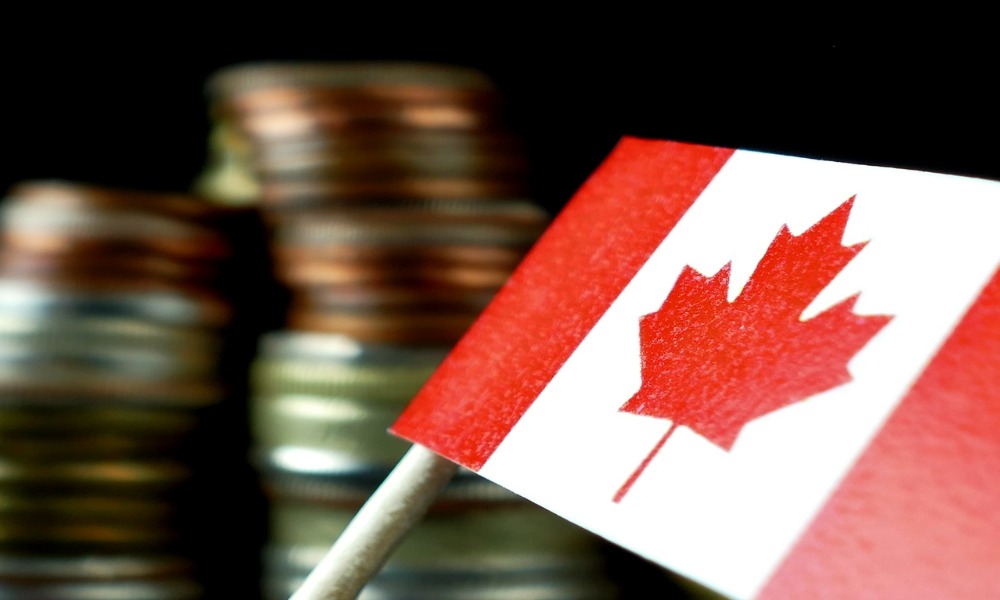Trudeau's resignation and Parliament's prorogation until March fuel political and market turbulence

Prime Minister Justin Trudeau has announced his intention to step down once a new Liberal Party leader is selected, according to the Financial Post.
This decision ends months of speculation about his leadership. Governor General Mary Simon has agreed to his request to prorogue Parliament until March 24.
Trudeau’s resignation follows months of heightened scrutiny, culminating on December 16 when Deputy Prime Minister and Finance Minister Chrystia Freeland resigned just hours before presenting the fiscal update.
The sudden resignation intensified political uncertainty and caused the Canadian dollar to fall below 70 US cents, a level last seen during the early days of the pandemic.
Economist Tu Nguyen of RSM Canada noted that Trudeau’s resignation introduces “a new wave of uncertainty for the Canadian economy and financial markets.”
Following the announcement, Bloomberg’s Canada Economic Policy Uncertainty Index surged to 650, marking its highest level ever, well above the typical range of 200 to 350.
Nguyen explained that Canada’s historical political stability has been an asset for attracting investors. However, the current instability, compounded by a prorogued Parliament, may discourage foreign investment.
She warned that businesses might delay hiring and investment plans, opting for a cautious approach as uncertainty persists.
“This latest bout of political instability could delay recovery as businesses could delay hiring and investments, instead adopting a wait-and-see approach,” Nguyen said.
Stephen Brown, assistant chief North America economist at Capital Economics, described the situation as a “power vacuum” at a critical moment.
Brown highlighted Donald Trump’s renewed threat of 25 percent tariffs and suggested that a Conservative-led government under Pierre Poilievre could potentially improve Canada-US relations.
He pointed to the Conservatives’ fiscal policies, including a balanced budget rule and reduced regulations, as potentially aligning with Republican priorities.
“At a time when Canada’s productivity performance has been so abysmal, we have some sympathy with the idea that overburdensome regulation is holding back the economy,” Brown said.
Tony Stillo, chief economist at Oxford Economics, said Trudeau’s resignation accelerates an anticipated “sea change” in federal policy.
Stillo predicted that the New Democratic Party and the Bloc Québécois would push the Liberals to include their priorities in the next federal budget, using it as a springboard for a spring election after prorogation ends.
If the Conservatives win a majority government, as polls indicate, Stillo suggested they could implement significant changes. These include reducing government size, cutting taxes, eliminating the carbon tax, and reducing immigration levels.



